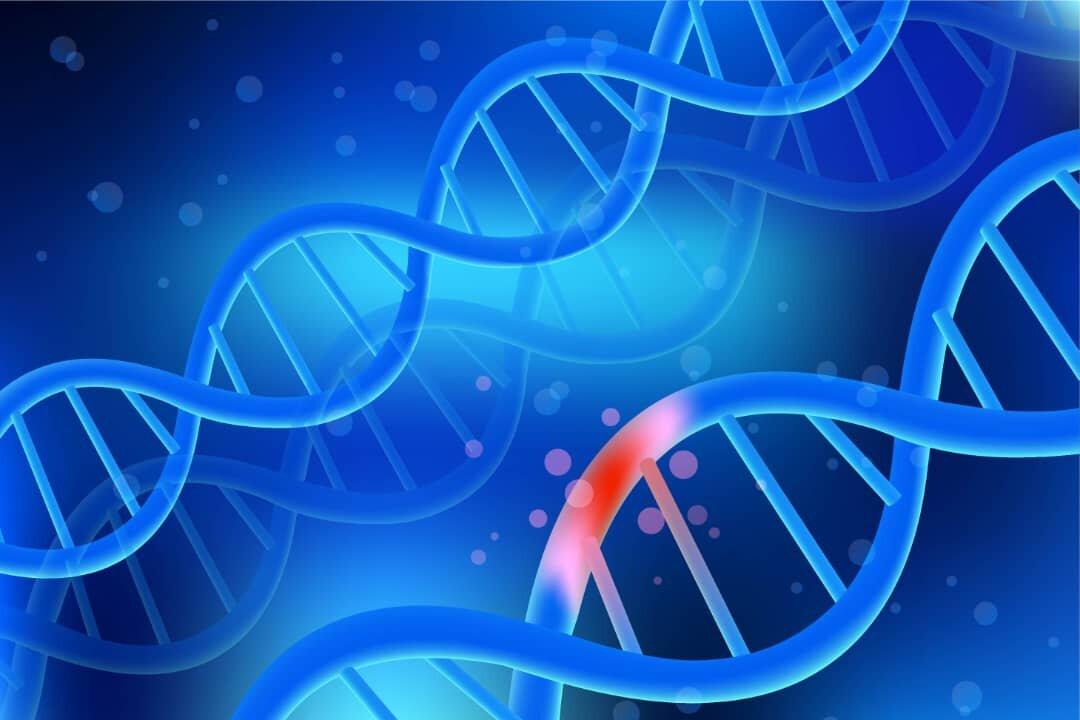New scientific evidence shows probiotics’ long-term safety needs to be looked at more closely after the good bacteria were newly assessed by a group of experts in food science, microbiology and other related medical fields.
Their goal was to find out discover how safe probiotics are given that they are increasingly being used not only by patients but by healthy consumers as food and dietary supplements.





